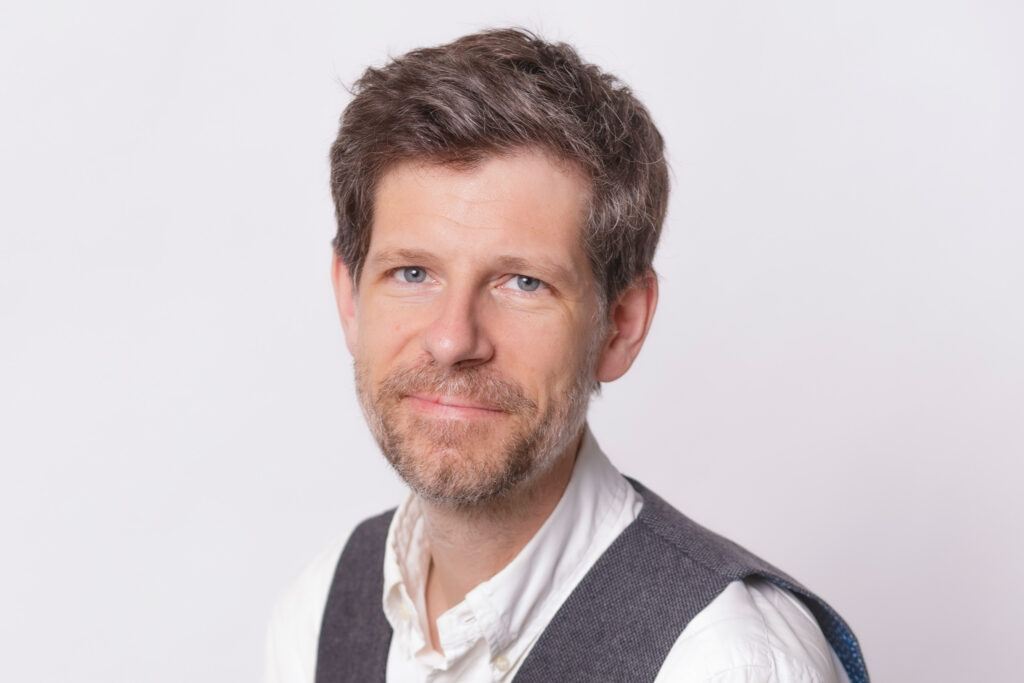The brainers

Philippe Charlier – Forensic pathologist
Philippe Charlier holds a doctorate in medicine, science and literature. He is a senior lecturer at the University of Paris and qualified to direct research. Until the summer of 2013, Philippe Charlier was a member of the forensic medicine department at the Raymond Poincaré University Hospital in Garches. He was also a researcher at the Medical Ethics Laboratory at Paris-Descartes University. He headed a multidisciplinary team working in the fields of forensic anthropology, retrospective diagnosis, palaeopathology and pathography. He specialises in the study of ancient human remains and mummies, and has a reputation for making the dead speak and unlocking their secrets.
The initiator and organiser of international pathography symposia, his work has included the study of the remains of the children of Tutankhamen, Richard the Lionhearted, Agnès Sorel, Foulque III Nerra d’Anjou, Diane de Poitiers and Voltaire’s heart, archaeological digs at St Helena on the property of the Emperor Napoleon, the relics of Louis IX scattered all over France, authenticating them in collaboration with other specialists, the false relics of Joan of Arc, the presumed head of Henri IV, the remains of Hitler, etc. He has taken part in several television programmes on history and medicine, including Secrets d’histoire on France 2, Sous les jupons de l’Histoire on Chérie 25, Le Magazine de la santé and Enquête de Santé on France 5. He co-wrote and presented a documentary series, Enquête d’ailleurs, co-produced and broadcast by Arte in 2013 and 2015. Philippe Charlier headed the Research and Teaching Department at the Musée du quai Branly – Jacques-Chirac until 2023. He currently heads the Anthropology, Archaeology and Biology Laboratory at the UFR des Sciences de la Santé (UVSQ / Paris-Saclay). He is a member of the Société de Géographie, the Société des Explorateurs Français, the Société des Africanistes and the Société Française d’Histoire de la Médecine.
This brainer takes part in round-table discussions, offers improvisation sessions and the following solo talks:
Voodoo: man, nature and the gods
What can the threefold perspective of doctor, archaeologist and anthropologist bring to voodoo? For the past 15 years, Philippe Charlier has been criss-crossing the Beninese countryside. He has acquired enough material, data and experience to propose this immersive and analytical account. In addition to showing and explaining that voodoo is a religion in its own right, with its own codes, clergy, myths and domestic and collective rituals, we'll be taking a fresh, incisive, pragmatic and original look at this belief - and its associated "witchcraft" actions - in its territory of origin, sub-Saharan Africa.
Autopsy of ghosts
In a groundbreaking investigation into the world of spiritualism, Philippe Charlier takes us from the tomb of Allan Kardec to the cult of the souls in Purgatory. From Rome to Paris, via Vietnam and Scotland, he interrogates the archives and followers of those who refuse to see death as an inevitable end. Why do spectres, ghosts and revenants continue to fascinate? How has science attempted to record the sound of the dead, to photograph ghosts or thoughts? What role have mediums played in this communication from beyond the grave, between sincerity and fraud? How did the supernatural, which initially defied science, itself become an object of study in the 19th century? And above all, who benefits from ghosts and their manifestations? This history of the supernatural is an invitation to travel to the other world, to meet those who believe in ghosts, those who deny their existence, and those who seek the truth.
Autopsy of famous hearts
What did Descartes die of? Can science explain Picasso's creative genius? Who really killed Marat, the famous revolutionary? Were the hearts of Louis XIII and Louis XIV used to paint pictures held in national collections? Philippe Charlier, the "doctor of the dead", revisits some of the great pages of French history through the autopsy of the organs of famous figures. These cases, presented in the form of both historical and medical investigations, benefit from the latest scientific advances, allowing us to reopen closed cases and shed light on the great mysteries of our past. With the scalpel of a forensic scientist and the trowel of an archaeologist, Philippe Charlier succeeds in making our illustrious dead speak for themselves, much to our curiosity.